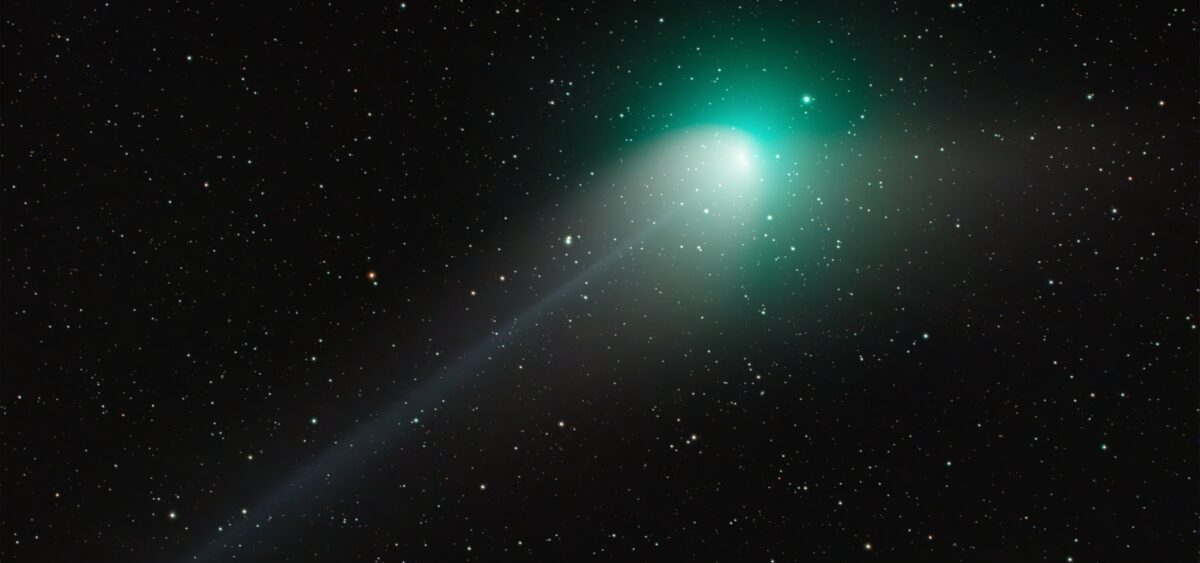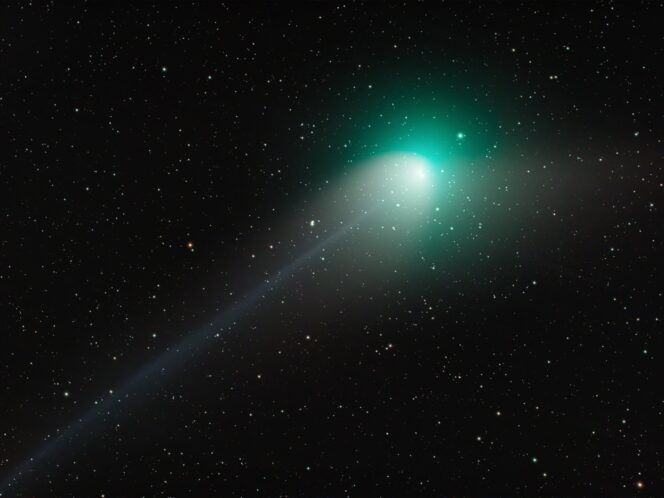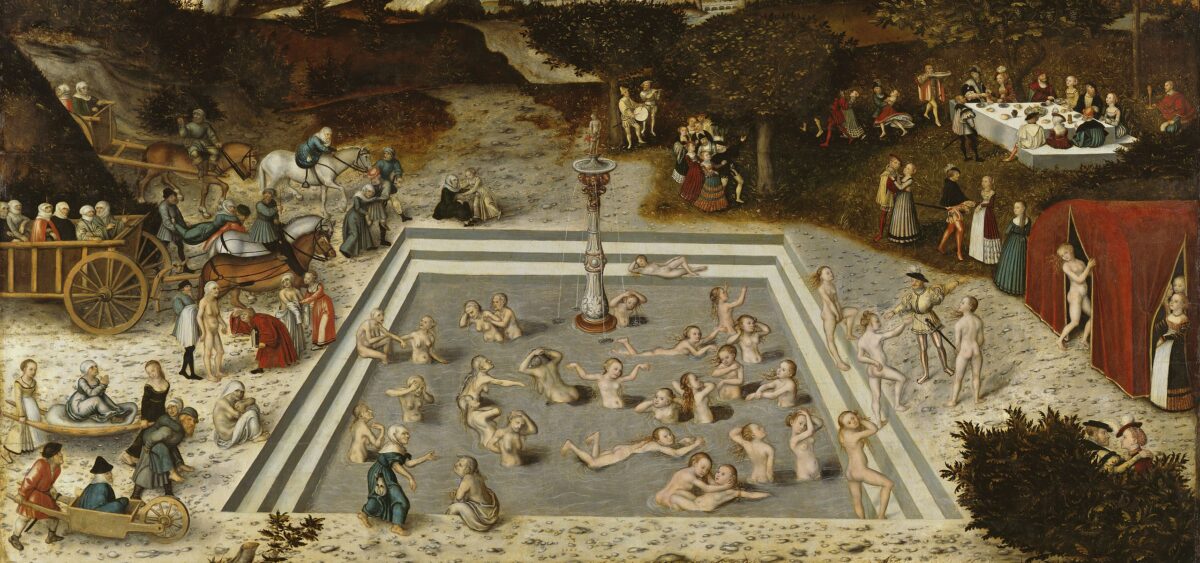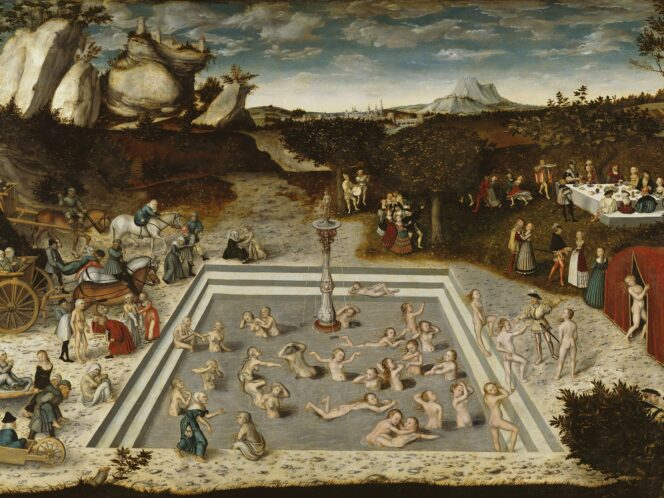
It’s hard to believe that a green comet contains carbon atoms older than our planetary system, or that fruit flies can count. And that’s a good thing, because science provides irrefutable evidence that can be understood without the need for belief.
She began with a phrase that’s not typically used to launch a scientific discussion. The researcher with whom I had been laboriously tracking every movement and trembling wing of 1,243 fruit flies for several days put her head around the door of the preparation area and exclaimed: “You’ll never believe it!” She was waving a slightly crumpled roll of paper covered in red lines and columns. Myriad points—a galaxy of the genomes of our tiny buzzing friends. Somewhere in this thicket of numbers and data lurked the unbelievable. And apparently, sprawled as it was across a wad of printed sheets, it was enough to overwhelm a level-headed researcher.
Hard Facts
Researchers often pride themselves on not succumbing to weaknesses such as shock or disbelief during their ascent of the career ladder. After all, belief is the domain of metaphysics—that which is immeasurable and hard to calculate. Science has no need for it. The research process itself has been structured in such a way that essentially, belief has no place there. By following the rules of science and their chosen methodology, the researcher eradicates their need to “believe” in what they are trying to discover or describe. First, they patiently and methodically explore the gaping holes in the elaborate structure of expertise. They look for anchor points, understatements missed by previous explorers, suspended trains of thought and questions left irritatingly unanswered. This gradual ripening toward








